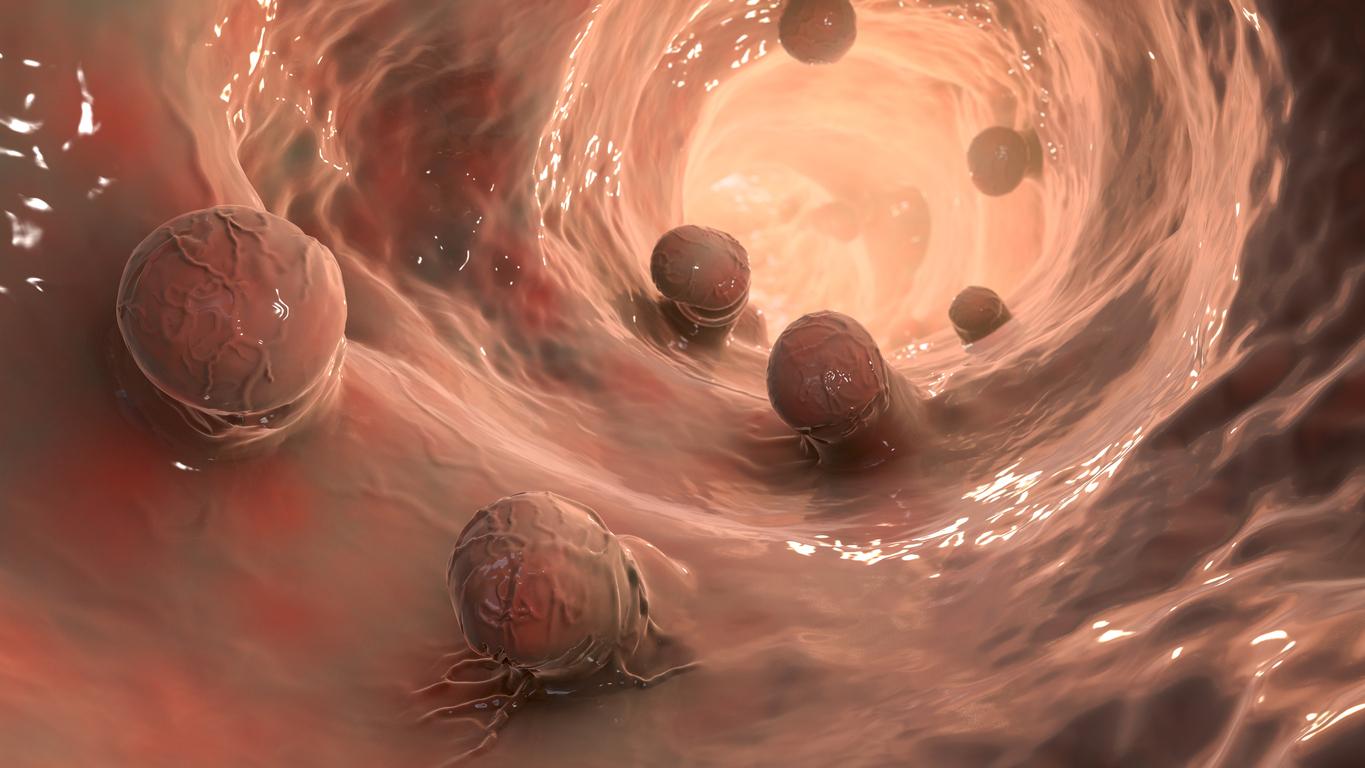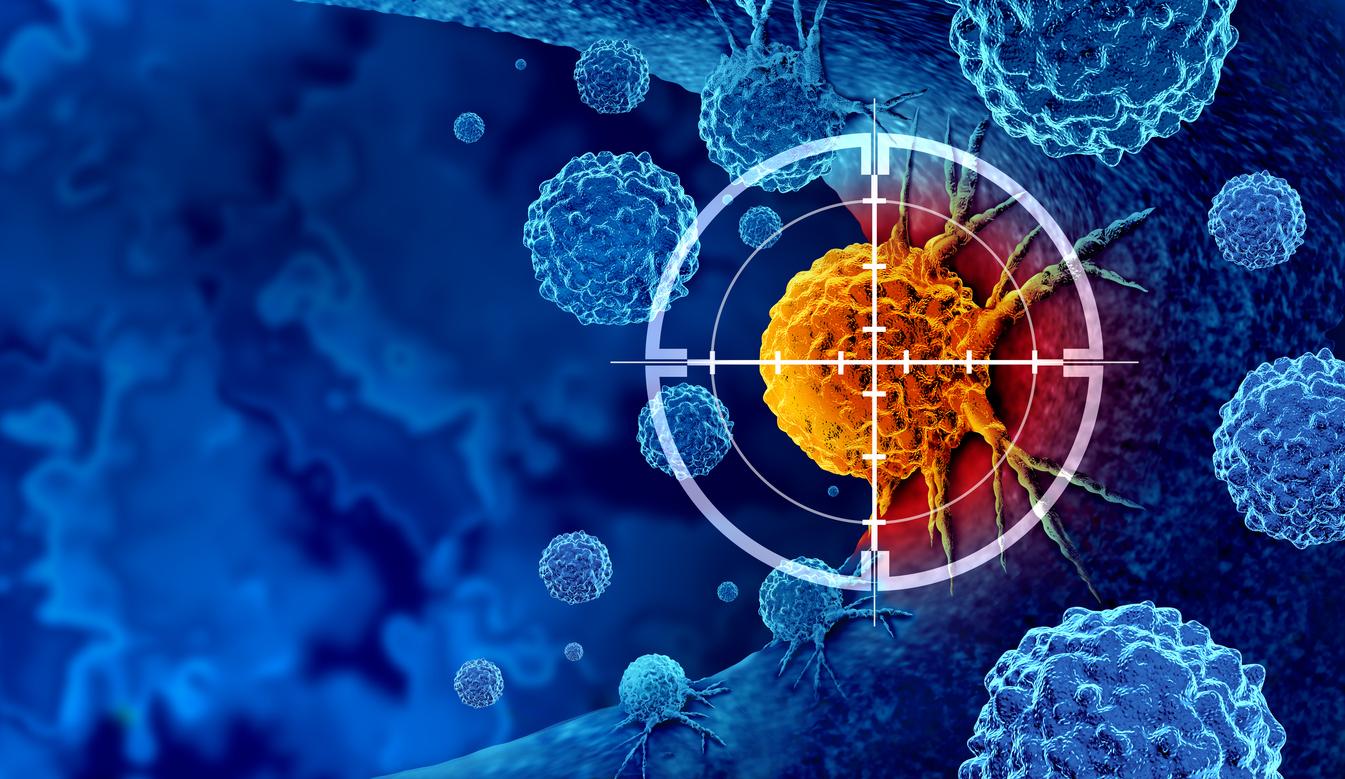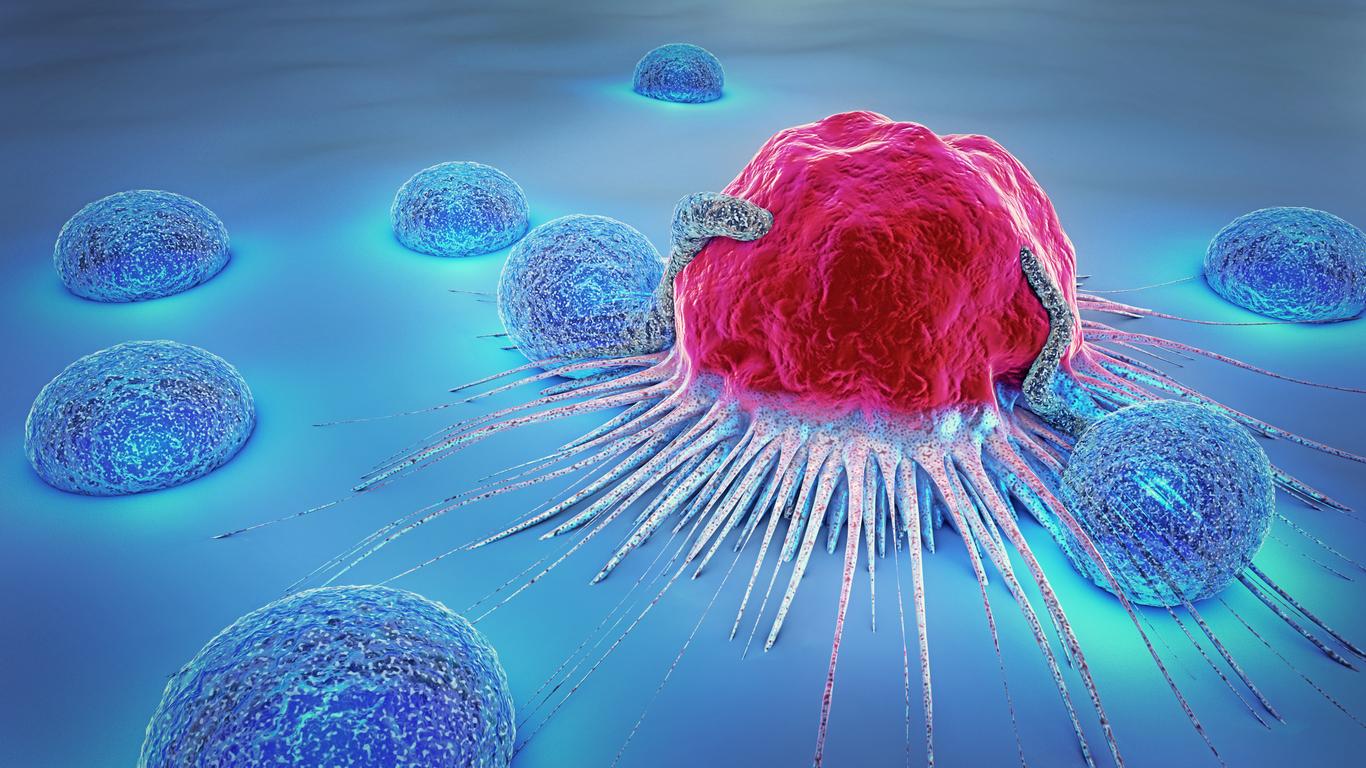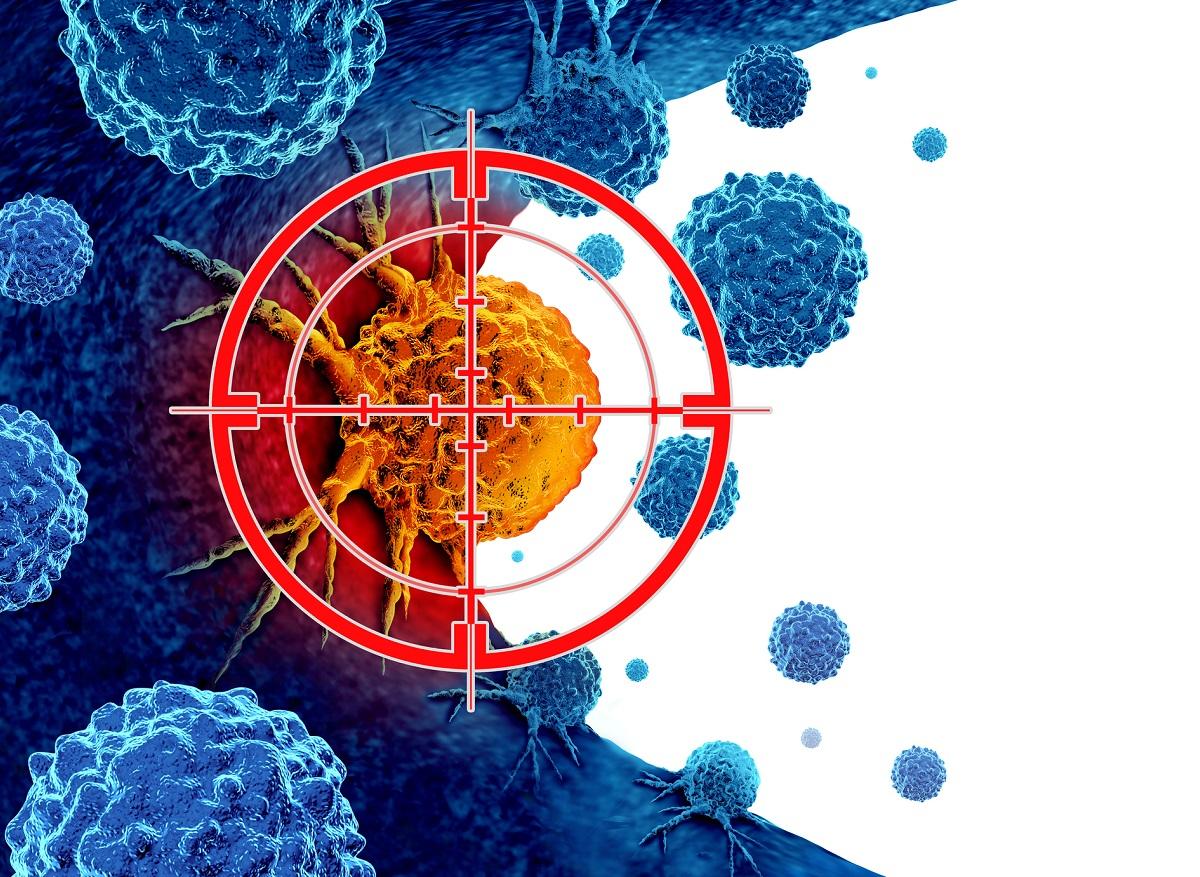Colorectal cancer remains among the most deadly in France. While some new therapeutic avenues are emerging, prevention remains the most effective weapon.

In recent years, therapeutic innovations in the treatment of colorectal cancer have been rare. At the annual meeting of the American Society of Clinical Oncology (ASCO), a few trials, exploring the path of immunotherapy in particular, were presented. In the face of cancer, the prognosis of which at an advanced stage is poor, prevention must be reinforced.
17,000 deaths per year
Last year, colorectal cancer killed just over 17,000 French people and nearly 35,000 new cases were diagnosed. This cancer remains among the three deadliest in men but also in women. However, paradoxically, it is one of the cancers that is best cured, when it is at an early stage. “We know how to treat these forms easily,” explains Jérôme Viguier, director of the Public Health and Care division at the National Cancer Institute (INCa). Surgery is then sufficient and there is no need to resort to chemotherapy or radiotherapy. “
But despite the existence since 2009 of organized screening for 50-74 year olds, many patients are still diagnosed late. “When we get to these advanced forms, the prognosis is less good, even if we have therapeutic weapons,” says Jérôme Viguier.
Jérôme Viguier, Director of the Public Health and Care division at INCa: “Surgery is almost always used, followed by chemotherapy which now calls for targeted therapies …”
The latest figures from INCa revealed that, among those affected by this screening program, only around 30% participate. The Institute hopes that the deployment of new immunological screening tests last May will increase this participation from 10 to 15%.
Few innovations
While clinical oncology is experiencing an unprecedented boom, colorectal cancer leaves researchers and doctors alike. “It is paradoxically one of the cancers where, after the arrival of targeted therapies a few years ago, the changes are quite modest,” concedes Jérôme Viguier. The main progress has been in early detection techniques, but therapies are stalling.
Jérôme Viguier, Director of the Public Health and Care division at INCa: “Currently, therapies remain mainly chemotherapy and the use of antibodies …”
The way of immunotherapy
Immunotherapy, in particular the use of “anti-PD1” molecules, which has demonstrated spectacular results in the treatment of certain lung cancers, or melanomas, is a research avenue also explored for the treatment of colon cancers and rectum. “But research in colorectal cancer is the least advanced,” says Jérôme Viguier.
The preliminary results of a trial using one of these anti-PD1 molecules were presented at ASCO (video in English) last weekend. The study involves a small number of patients but aroused great interest from the oncologists present. Indeed, the results show for the first time a significant response to pembrolizumab in patients with colorectal cancer. These “responder” patients have the particularity of having a genetic deficit in the ability to repair their DNA, which induces a large number of mutations. However, the more a tumor is mutated, the more it is sensitive to anti-PD1 molecules. About 15% of patients with colorectal cancers belong to this subgroup.
.















